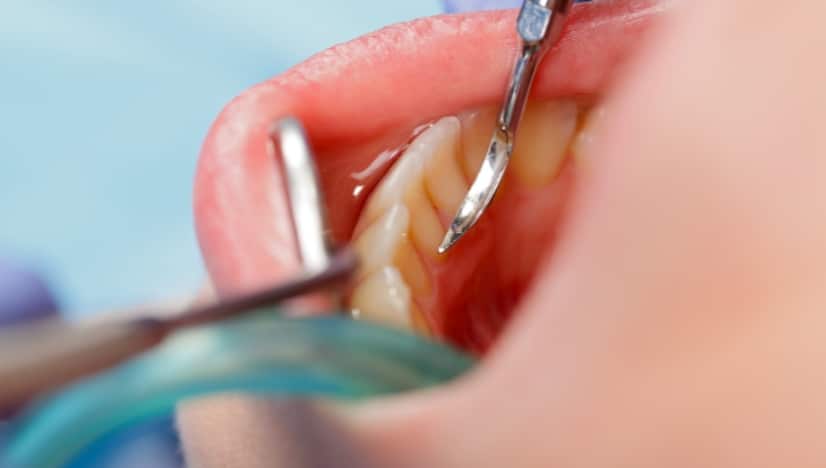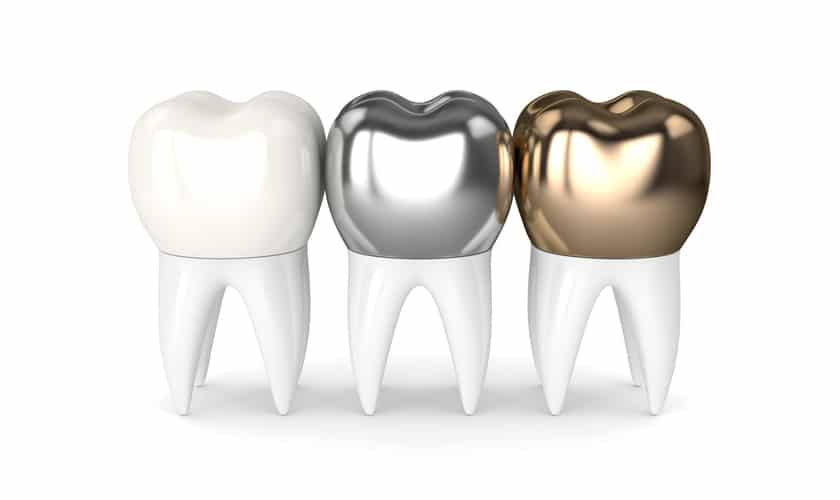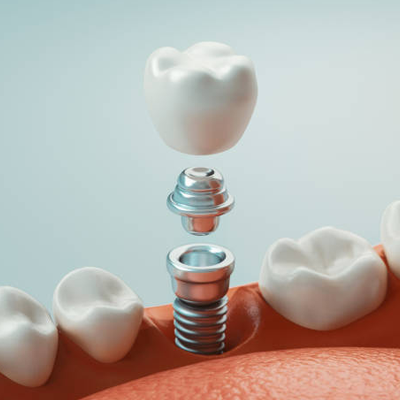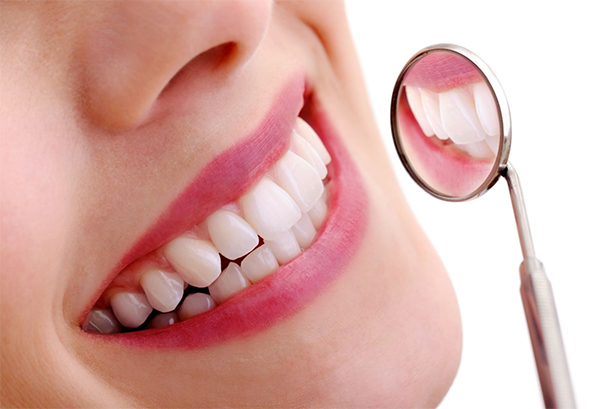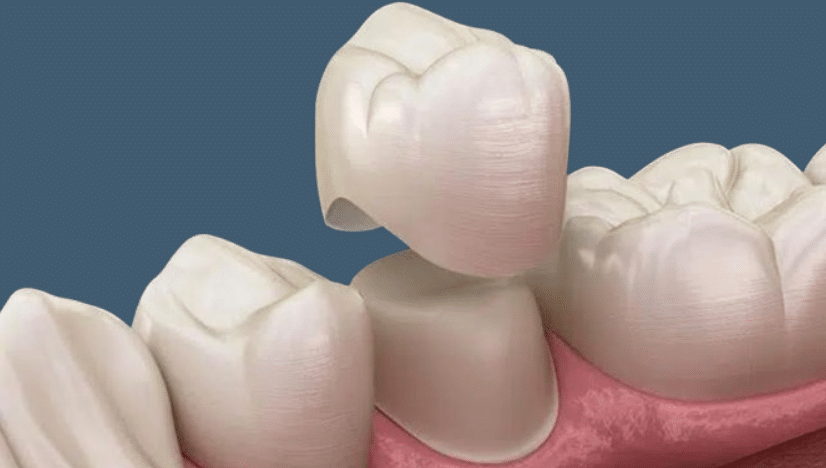
Can Dental Crowns Fix Gaps Between Teeth?
Dental crowns are a popular solution for various dental issues. Many people wonder if they can effectively address gaps between teeth. If you’re facing this concern, you’re not alone. The good news is that dental crowns for fixing gaps can be a viable option. This blog will explore how it works, their benefits, and whether they are the right choice for closing those unwanted spaces in your smile.
How Dental Crowns Work
Dental crowns are caps that cover damaged or irregular teeth. They are custom-made to match the shape and color of your natural teeth. Crowns can be made from various materials, including porcelain, ceramic, metal, or resin. Here’s how they can help with gaps between teeth:
- Filling in Gaps: When placed on a tooth adjacent to a gap, crowns can create the illusion of a full, healthy smile.
- Strengthening Teeth: If the gap is due to a weakened tooth, a crown can provide added support, helping to prevent further damage.
- Improving Aesthetics: Crowns can be color-matched to blend seamlessly with your natural teeth, enhancing your overall appearance.
While dental crowns are not specifically designed to close gaps like braces or aligners, they can effectively mask small gaps and improve your smile’s look.
Benefits of Using Dental Crowns for Fixing Gaps
Using dental crowns for fixing gaps offers several advantages. Here are some reasons why this option might be suitable for you:
- Durability: Crowns are long-lasting. Depending on the material used, they can last many years with proper care.
- Natural Appearance: When made from high-quality materials, crowns can mimic the look of natural teeth. This feature makes them a great choice for those concerned about aesthetics.
- Protection: They help protect weakened or damaged teeth from further decay or injury.
- Versatility: It can also be used to treat various dental issues, such as cracked or discolored teeth, making them a versatile option.
Choosing dental crowns for fixing gaps can lead to a healthier, more confident smile.
When Are Dental Crowns Recommended?
While dental crowns can be a solution for gaps, they are not suitable for everyone. Here are some situations where crowns may be recommended:
- Large Gaps: If the gap between teeth is significant, crowns might not be the best option. Braces or clear aligners may be more effective.
- Existing Damage: If a tooth is cracked or severely decayed, a crown can provide the needed support and improve the tooth’s appearance.
- Cosmetic Enhancements: For individuals looking to enhance their smile’s overall appearance, crowns can effectively mask imperfections.
Before deciding on dental crowns for fixing gaps, consult with your dentist. They can assess your situation and recommend the best approach.
Alternatives to Dental Crowns for Fixing Gaps
While dental crowns are effective, several alternatives can also address gaps between teeth. Here are some popular options:
- Braces: Traditional braces are one of the most effective methods for closing gaps. They gradually shift teeth into the desired position.
- Clear Aligners: Clear aligners, like Invisalign, provide a more discreet way to straighten teeth and close gaps.
- Veneers: Porcelain veneers are thin shells that cover the front surface of teeth. They can improve the appearance of gaps and enhance your smile.
- Bonding: Dental bonding involves applying a tooth-colored resin to fill gaps. This option is less invasive and can be completed in a single visit.
Each of these alternatives has its advantages and may be more appropriate depending on your dental needs.
Caring for Dental Crowns
After receiving dental crowns, proper care is essential to ensure their longevity. Here are some tips for maintaining your crowns:
- Good Oral Hygiene: Brush and floss regularly to prevent decay around the crown. This practice helps maintain the health of your gums and surrounding teeth.
- Avoid Hard Foods: Be cautious with hard foods that could damage your crowns. Cutting food into smaller pieces can help.
- Regular Dental Visits: Schedule routine check-ups with your dentist. They can monitor your crowns and overall oral health.
With proper care, dental crowns can last many years, making them a reliable choice for those seeking solutions for gaps between teeth.
Making the Right Choice
If you’re considering dental crowns for fixing gaps, it’s crucial to discuss your options with your dentist. They can evaluate your teeth and recommend the most effective treatment plan. Whether you choose crowns or another solution, the goal is to achieve a healthy and confident smile.
Crowns can provide a practical solution for gaps between teeth, improving both aesthetics and function. With the right care, they can last for many years, making them a worthwhile investment in your oral health. If you’re curious about dental crowns for fixing gaps, consult your dentist to explore your options today.


